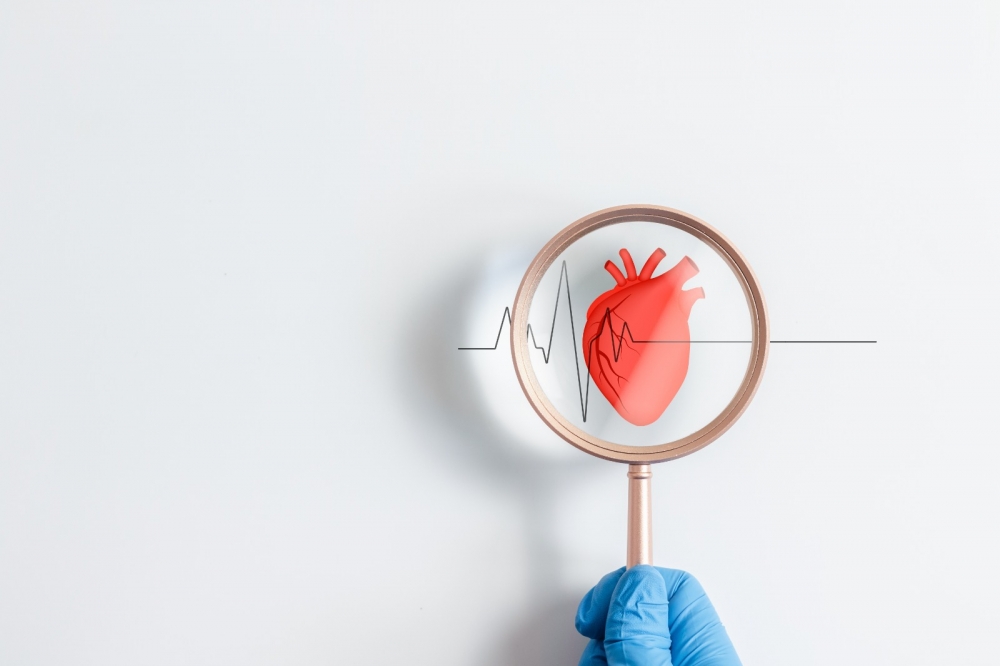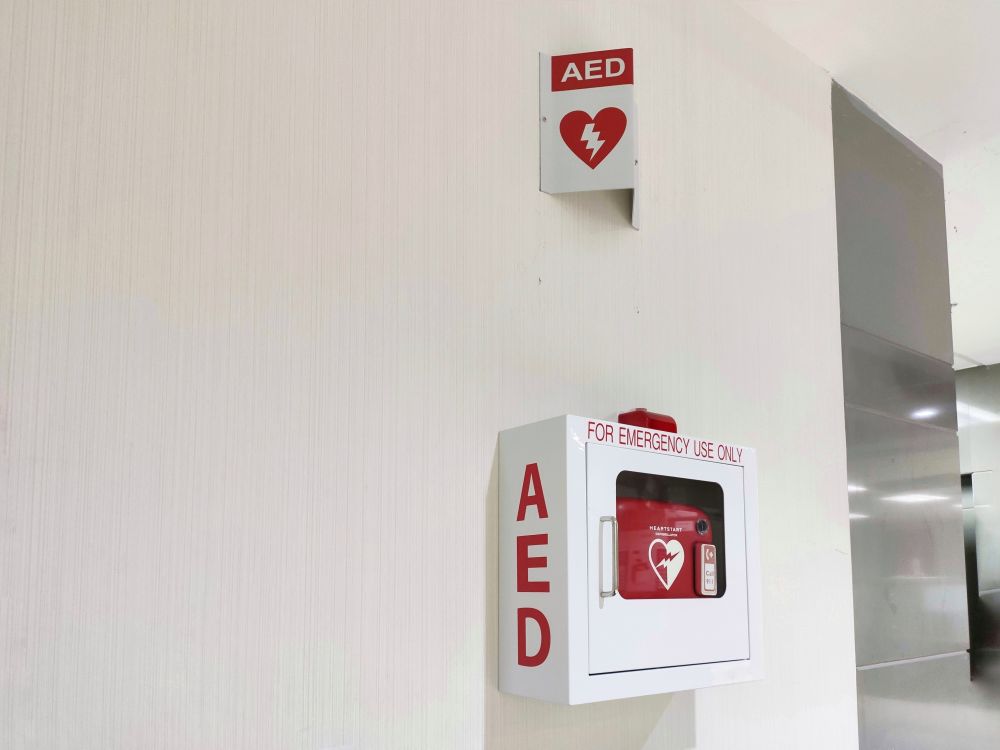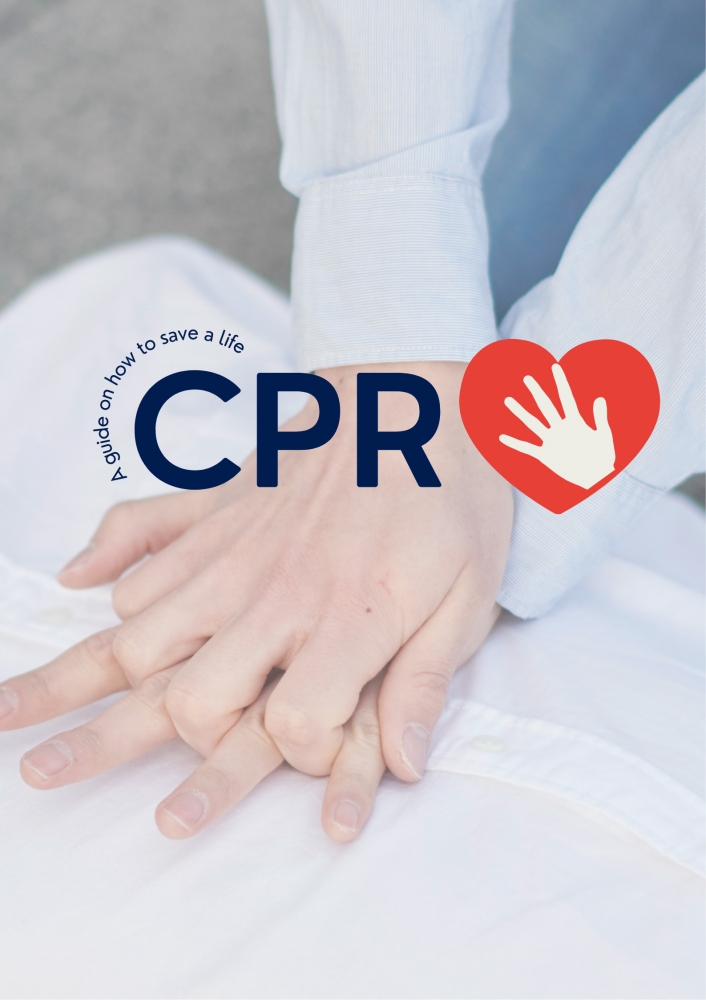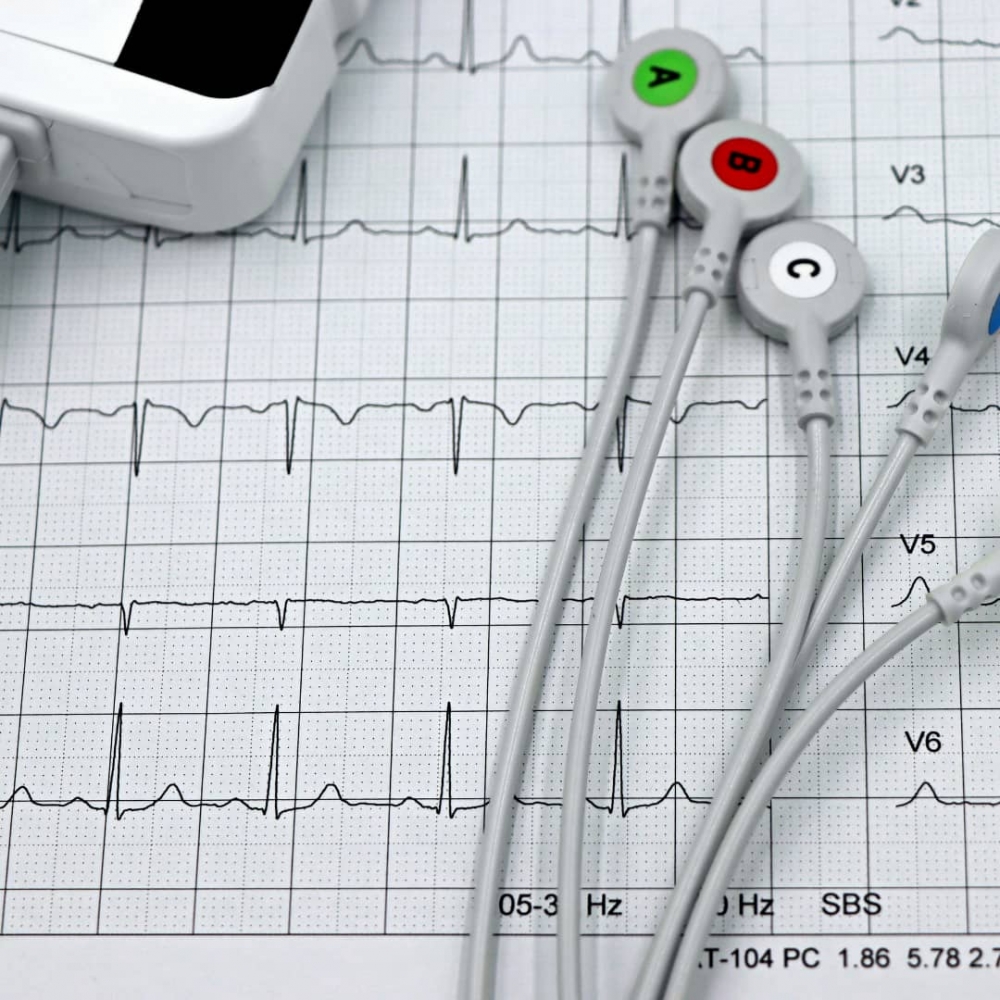Your stomach and your moods: Understanding the importance of gut health

Dr Ryan Tee shared that people who are experiencing depression, anxiety, or stress may develop gastrointestinal symptoms such as abdominal discomfort, bloating, indigestion, stomach cramps, constipation, and diarrhoea.
KUALA LUMPUR, April 3 (Bernama) -- The gut, often referred to as the second brain, plays a vital role in promoting overall mental well-being and thus, it is essential to maintain good gut health as it is the foundation of the body's optimal functioning.
According to Sunway Medical Centre Velocity (SMCV) consultant gastroenterologist and hepatologist Dr Tan Yu Peng, it is essential to understand and be aware of the signs of an unhealthy gut.

Dr Tan Yu Peng, Consultant Gastroenterologist and Hepatologist at Sunway Medical Centre Velocity (SMCV)
“Poor digestion can manifest in various ways, such as bloating, stomach aches, diarrhoea, constipation, weight fluctuations, skin disorders and even emotional disturbances.
“If left untreated, these symptoms can lead to more severe conditions such as autoimmune problems and diabetes in the long run. Thus, being proactive about gut health and taking steps to improve it can have significant benefits for overall health and wellbeing,” he said in a statement.
As humans age, he said, the body had to adjust to various changes such as bones shrinking in density and strength, as well as muscles losing endurance and flexibility.
Dr Tan said similarly, in the gut, the gut microbiome will also have to adapt to accommodate the overall bodily changes and some of these changes include the esophagus moving slower, the stomach walls becoming thinner and stomach juice secretion output decreasing over time.
He said these specific factors will impact the ability to digest food and process it into energy, hence the need for the elderly to pay closer attention to their daily routines and dietary changes that best suit their needs.
"Furthermore, the delicate balance of good and bad bacteria in our gut may shift, resulting in an increase in dangerous bacteria and a loss in diversity, which is why diseases such as reflux or peptic ulcer disease, inflammatory bowel disease and colon cancer are common in the elderly.
"The aging process can also affect muscle movement, potentially causing uncomfortable symptoms like constipation, fecal soiling, incontinence, and perineum itch," he added.
However, Dr Tan said these issues can be mitigated by prioritising overall health and being mindful of food regardless of age, as food plays a vital role in overall health.
He said it is crucial to maintain a high-fibre diet, both soluble and insoluble fibre, and limiting food high in fat and sugar.
“Adopting a healthy lifestyle by exercising regularly, avoiding smoking and alcohol, and limiting caffeine intake can contribute to a healthy gut,” he shared.
Dr Tan said incorporating prebiotics and probiotics, which is present in the form of natural food like yogurt or supplements, can promote a healthy gut microbiome.

Dr Ryan Tee Chun Keat, Consultant Psychiatrist at Sunway Medical Centre Velocity (SMCV)
Meanwhile, consultant psychiatrist at Sunway Medical Centre Velocity (SMCV) Dr Ryan Tee Chun Keat said the gut and the brain, although two separate entities, are closely connected and are also known as the gut-brain axis, which serves an important function not only in managing emotions and stress but also aiding digestion.
“This is because the enteric nervous system (ENS), which is responsible for controlling the gastrointestinal (GI) tract, communicates with our brain using the same neurons and neurotransmitters as the central nervous system.
“This means that our gut and brain are constantly communicating with one another, influencing each other's function in real-time,” he said.
He said for instance, during the ‘fight or flight’ response, the ENS responds by slowing down digestion, redirecting more energy towards the threat-causing situation.
“This interconnectedness works both ways, as our current emotional state can have a significant impact on our GI system as well,” he added.
For example, he said, people who are experiencing depression, anxiety, or stress may develop gastrointestinal symptoms such as abdominal discomfort, bloating, indigestion, stomach cramps, constipation, and diarrhoea.
“Being human means experiencing a wide range of emotions, from joy and happiness to sadness, anger, envy, and disgust. It's natural and important not to neglect or invalidate any of these feelings.
“However, if any one emotion becomes overwhelming to the point of neglecting our health, he/she needs to seek help from a psychiatrist for an assessment, as it could be a sign of an underlying mental health disorder that requires attention,” he said.
Thus, in addition to eating more fruits and vegetables, whole grains, nuts, fish, and olive oil, Dr Ryan suggested engaging in enjoyable activities, such as going outside, spending time with loved ones or getting enough rest, which can be helpful for the gut and mental health.
“When we engage in activities that we like, our brain releases dopamine, which gives us a sensation of pleasure. Stimulating the reward pathway in the brain through enjoyable activities further enhances our sense of pleasure.
"In general, adopting a healthy lifestyle, managing stress well and taking care of our mental well-being can help regulate gut health and improve our overall health,” he said.
BackSuggest to Read









